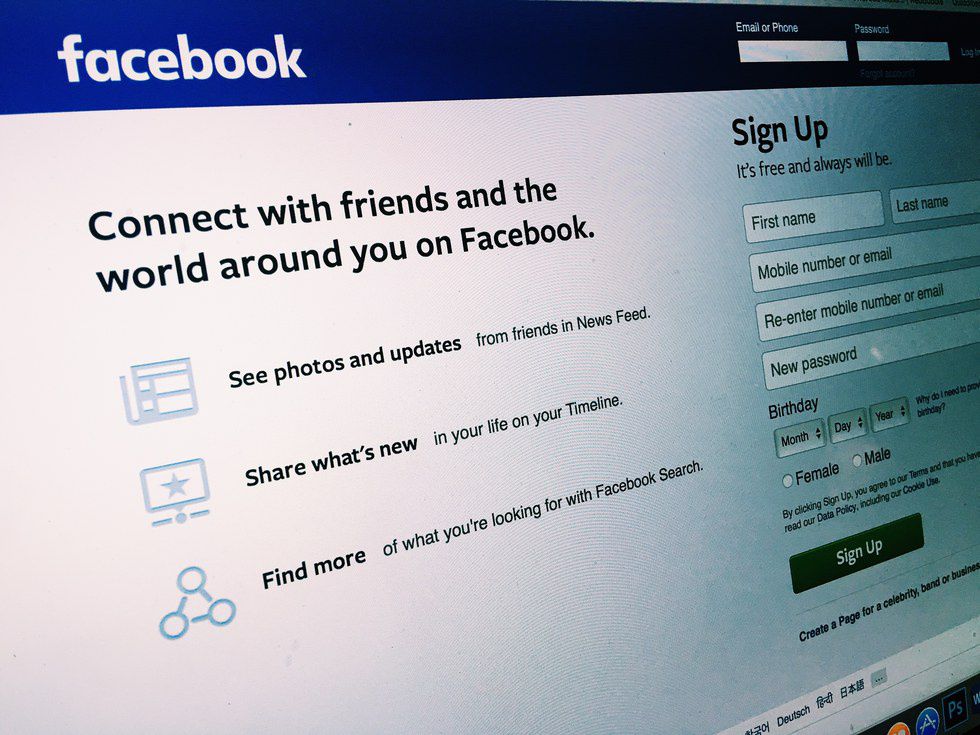We all know the drill. As college graduation comes and goes, recent graduates are frantically searching for answers to a list of questions that only seems to be growing. “Why haven’t I found a job yet?” “How do I afford to live in this new city?” “Why does everyone else seem to know what they’re doing?” The final question tends to mislead people, sending them on a circuitous path of over-critical self-evaluation. While the general pressure of being successful and financially stable, especially at such a vulnerable point in life, tends to be overwhelming, one factor largely contributing to our own self-doubt is rooted in misperception.
One explanation into how we measure our own self-worth is the social comparison theory. In other words, we tend to merit ourselves, our choices and our accomplishments in terms of how they measure up to those of others, more specifically, our like-minded peers. It is important to remember that the misguiding element—the object of our comparison—is not always accurate itself. Across social media platforms, a significant amount of individuals will embellish the more enticing aspects of their lives while almost completely ignoring the more mundane or negative updates. As a result, we compare our entire lives, the good and the bad, to the carefully curated snippets of others’ lives. We’re ultimately comparing apples to oranges.
The desire to embellish extends far beyond a mere Facebook status update and has even affected the way individuals share content and edit pictures. For example, instead of simply sharing a photo on a social media platform, countless aesthetic and composition guides exist for the purpose of editing the picture so that it garners more engagement and thus, more “likes.”
In general, we spend our time on social media one of two ways: actively engaging with the platform or passively scrolling through it. A recent study from Carnegie Mellon found that, while participating in social media activities (i.e. liking, sharing, commenting) resulted in an overall positive disposition, merely glancing and scrolling through the posts of others increased general feelings of isolation and negativity. This is likely because we perceive a disconnect between the actual events of our lives and the types of events we desire. Although, our desire, the embellished vignettes of other users, is hardly organic.
What does this mean for recent college graduates? Frankly, it means that, despite what we see on social media, a good number of us are facing similar real-life challenges and uncertainty, considering almost 50 percent of recent grads are underemployed. As recent grads continue to seek out answers to the mystery that is adulthood, it is safe to bet that at least some of the people with seemingly perfect post-grad experiences are lacking some answers as well. Therefore, we still may not have every facet of our lives figured out; but at least some of us are relatively clueless together.
Though the inception of sites like Facebook and Twitter have revolutionized the concept of staying connected in several positive ways, we must stop taking every update from our peers at face value. While an old friend from high school may post cheery updates about how he loves his new job or while that girl from Anthropology 101 may post killer candid shots from an exotic island, remember that this is not necessarily the full story. The high school friend may actually be miserable and the girl from class probably got stung by a few jellyfish on her trip. It's unlikely you'll see those updates, though. Misery and jellyfish stings won’t get a hundred likes.





 Photo by
Photo by  Photo by
Photo by  Photo by
Photo by 



















